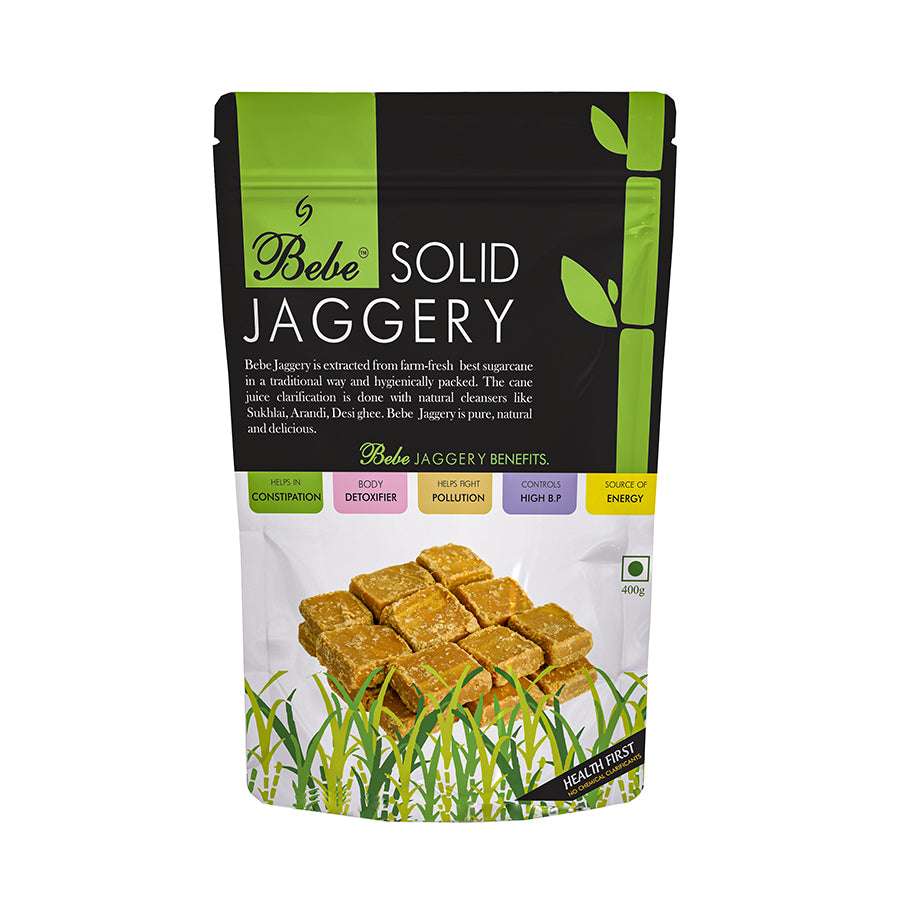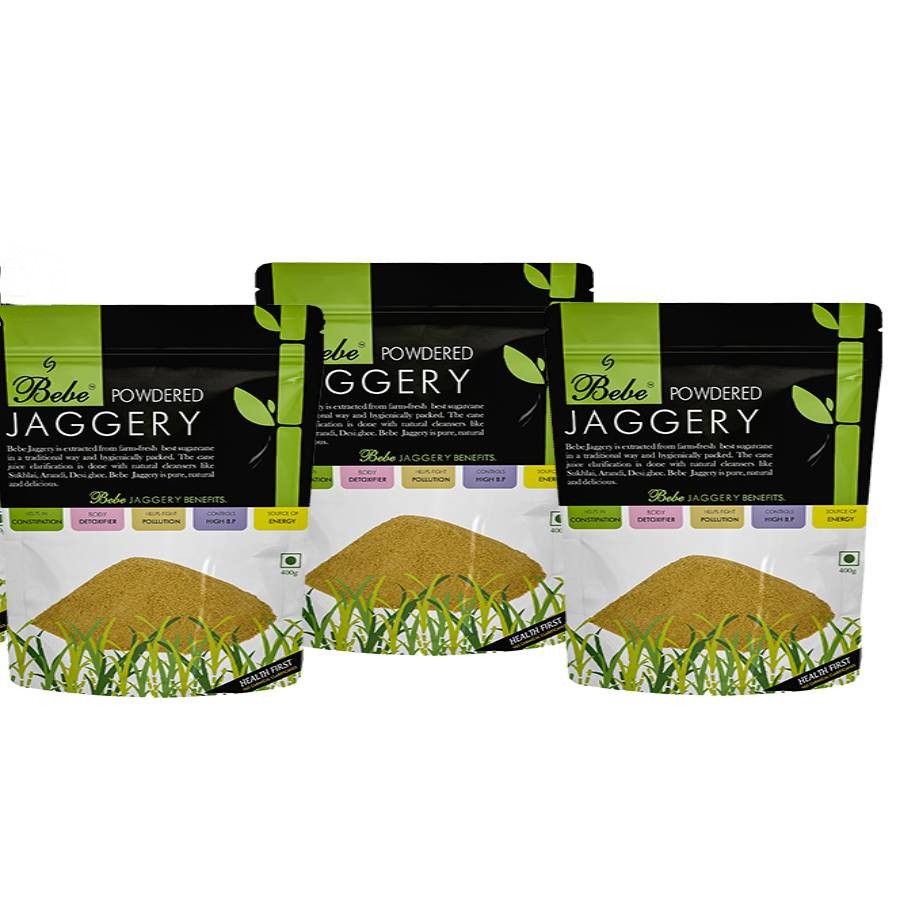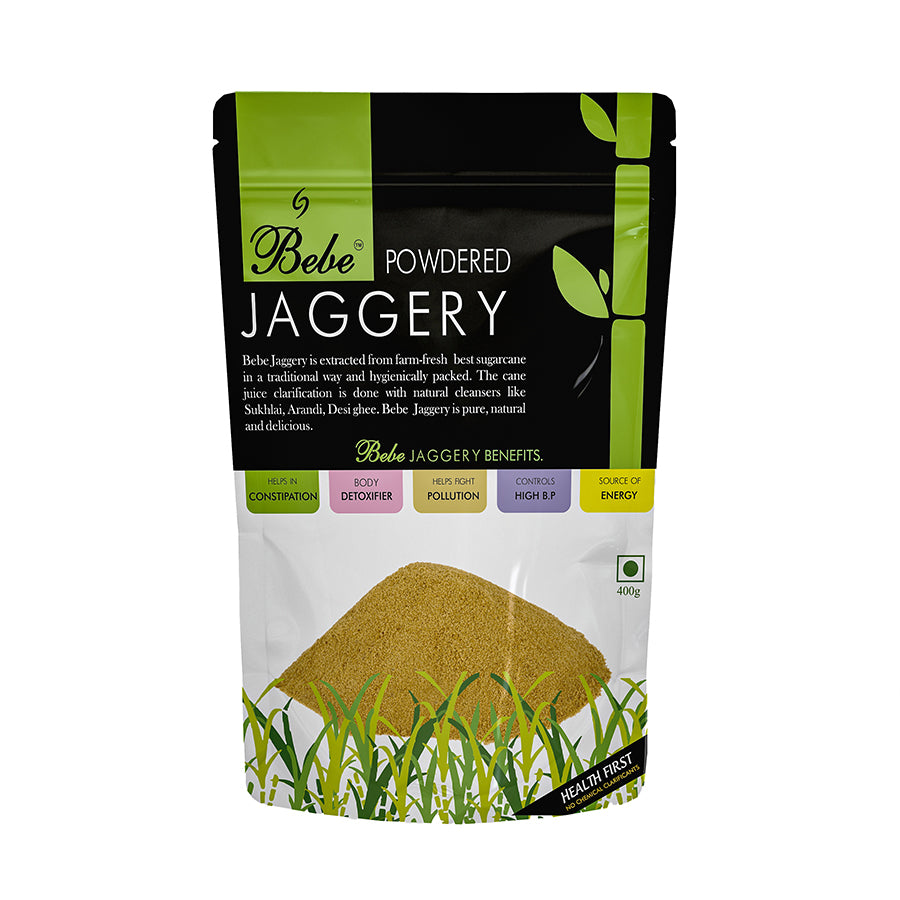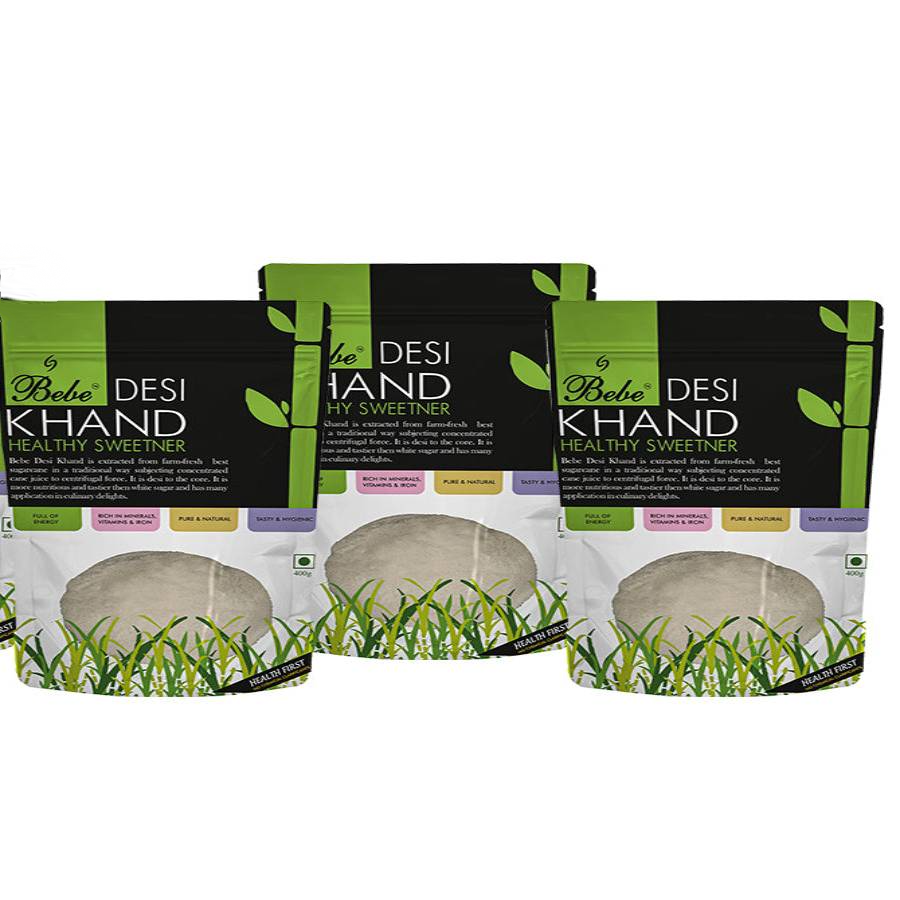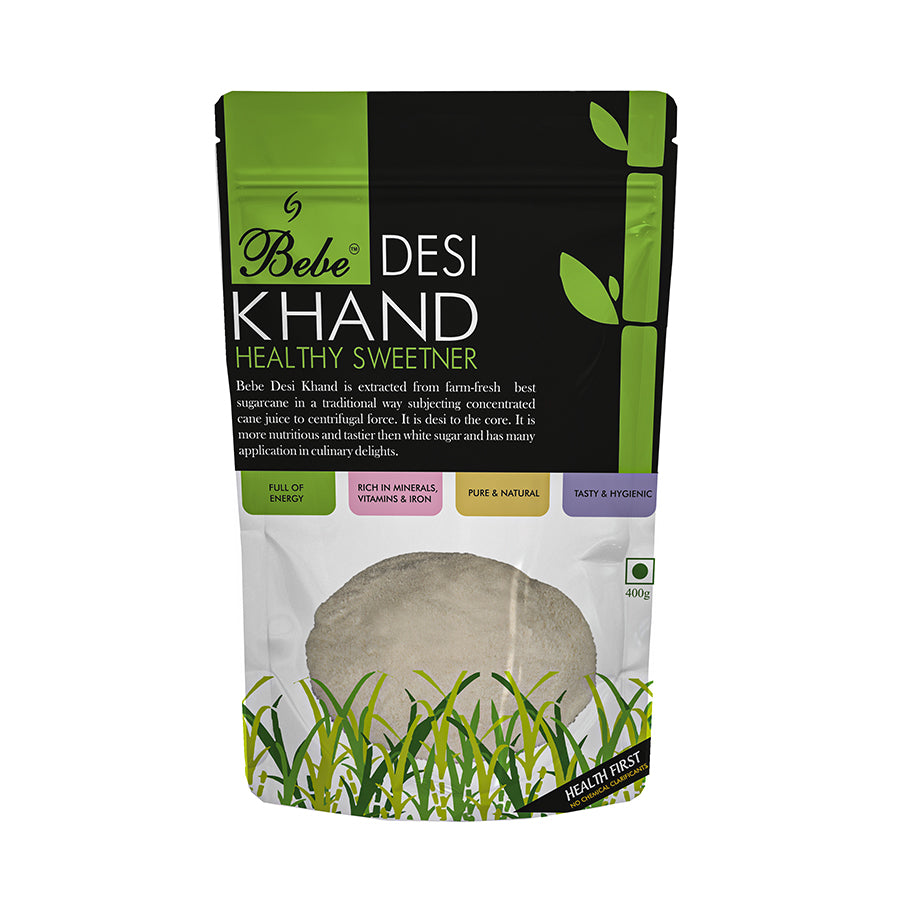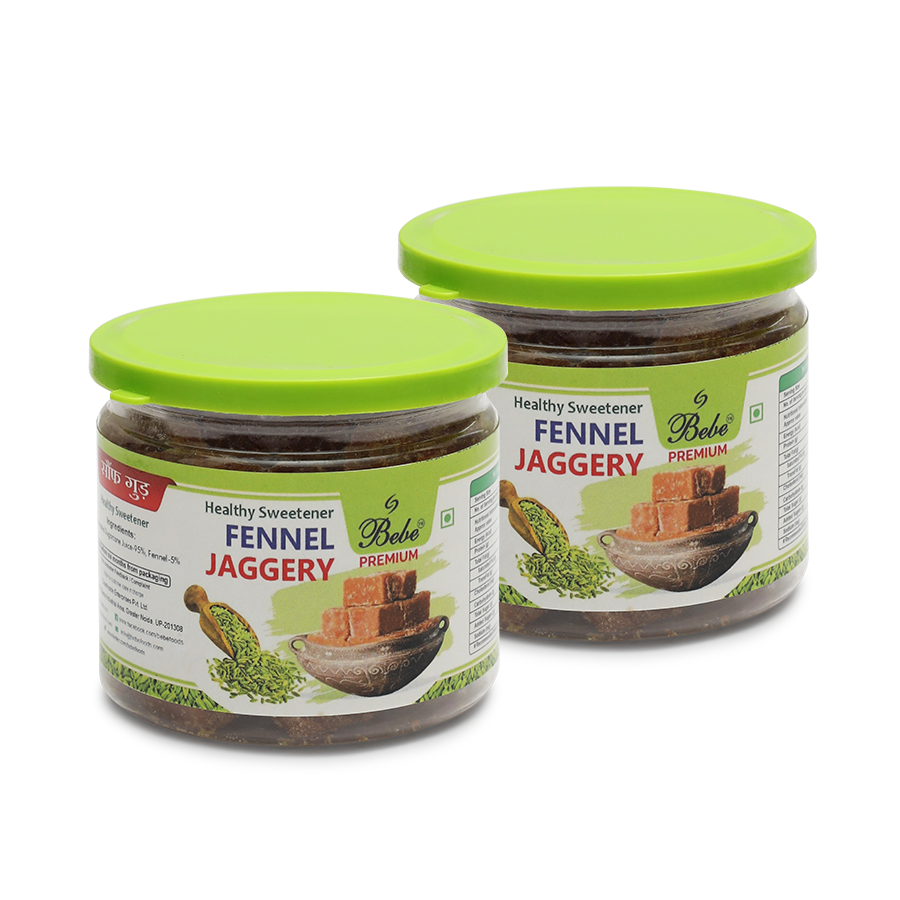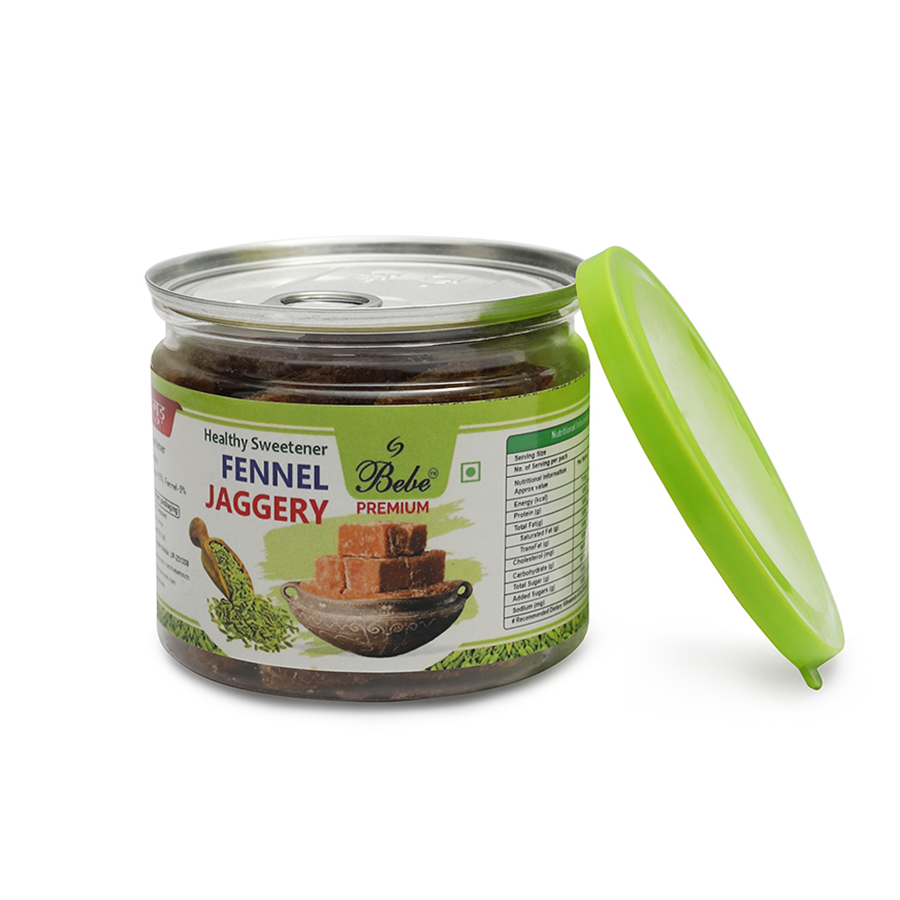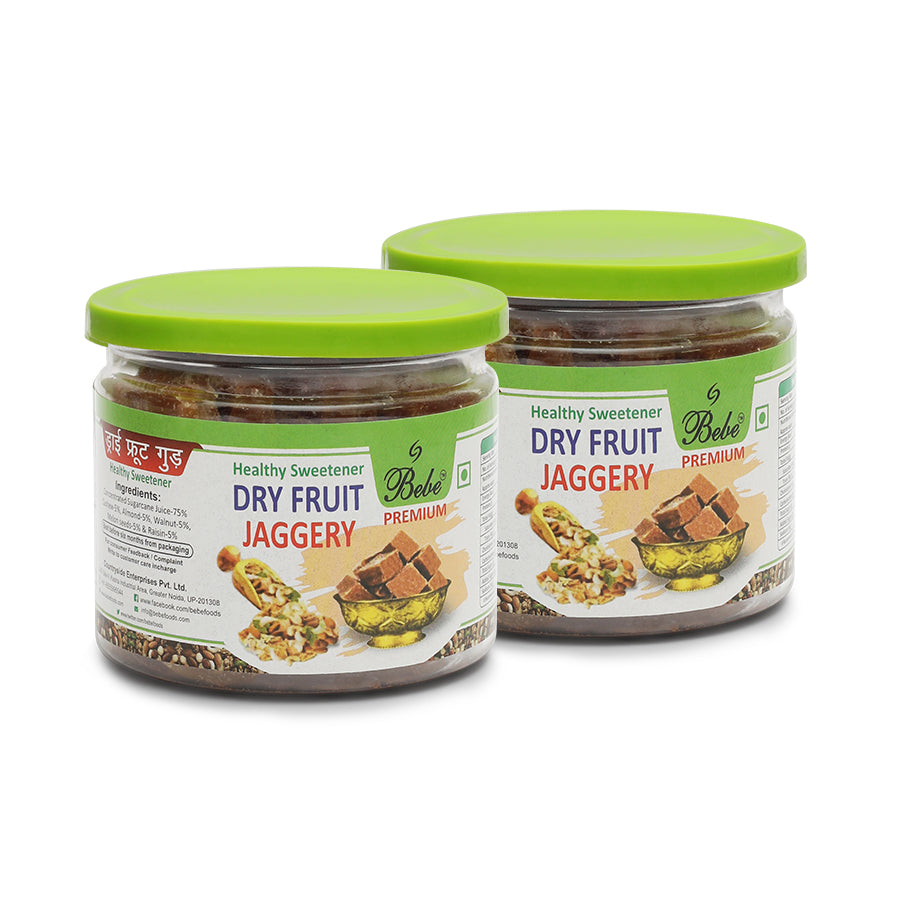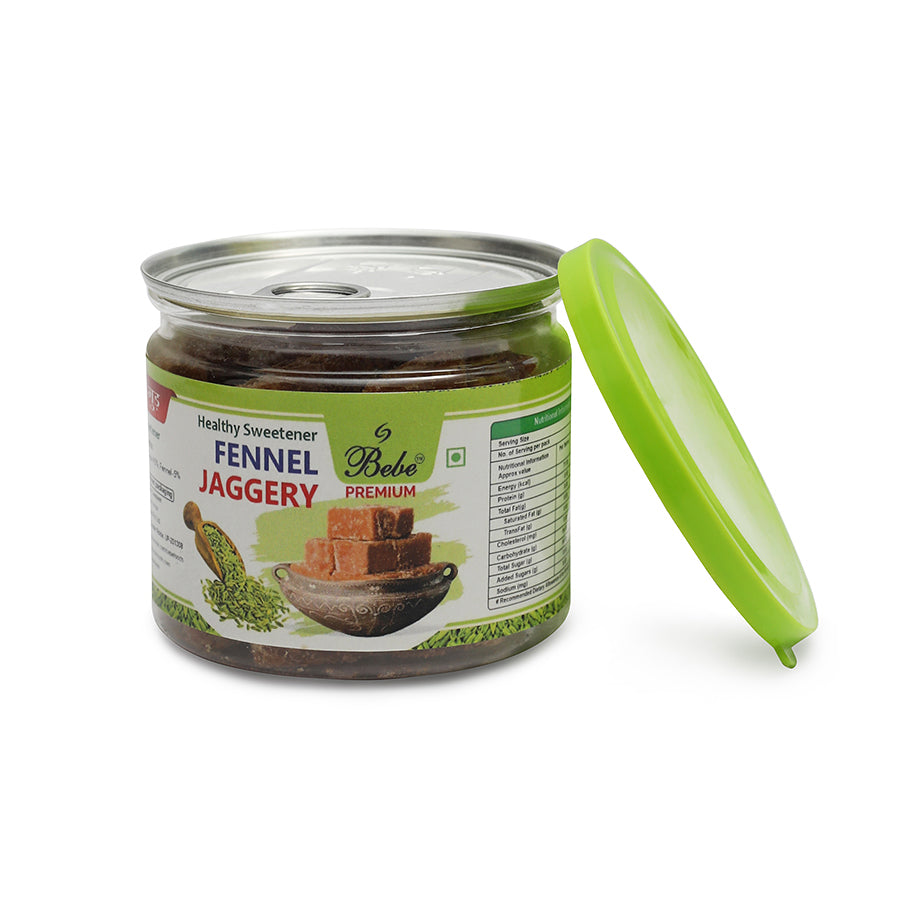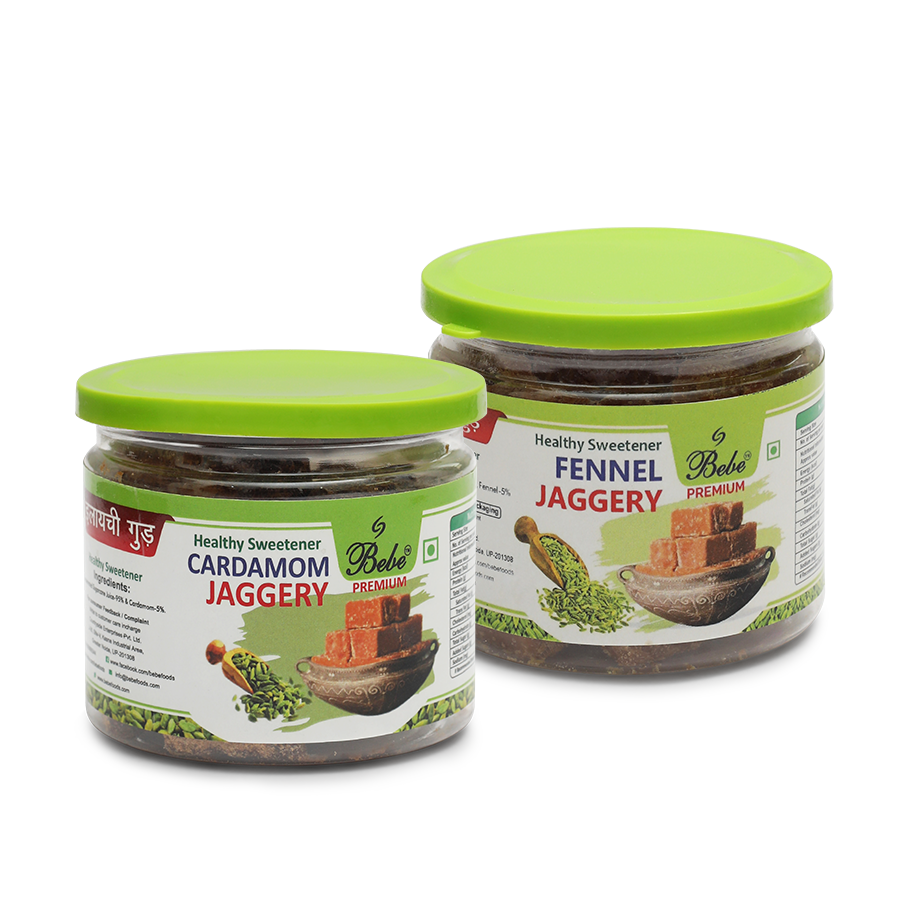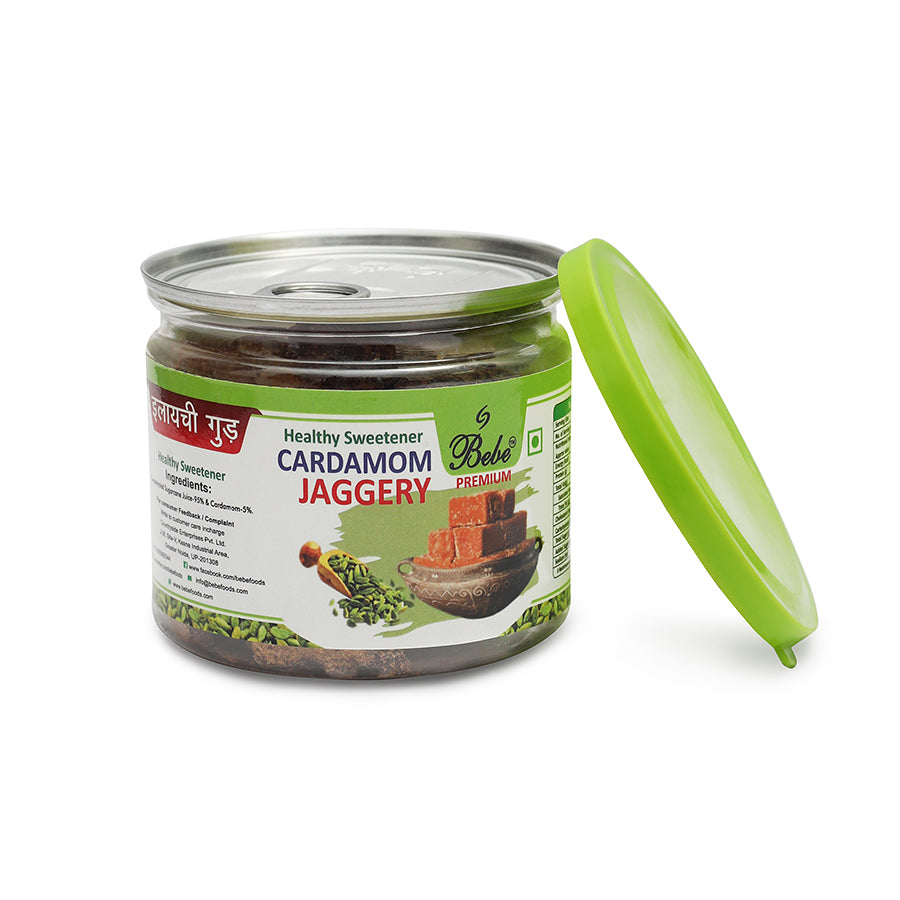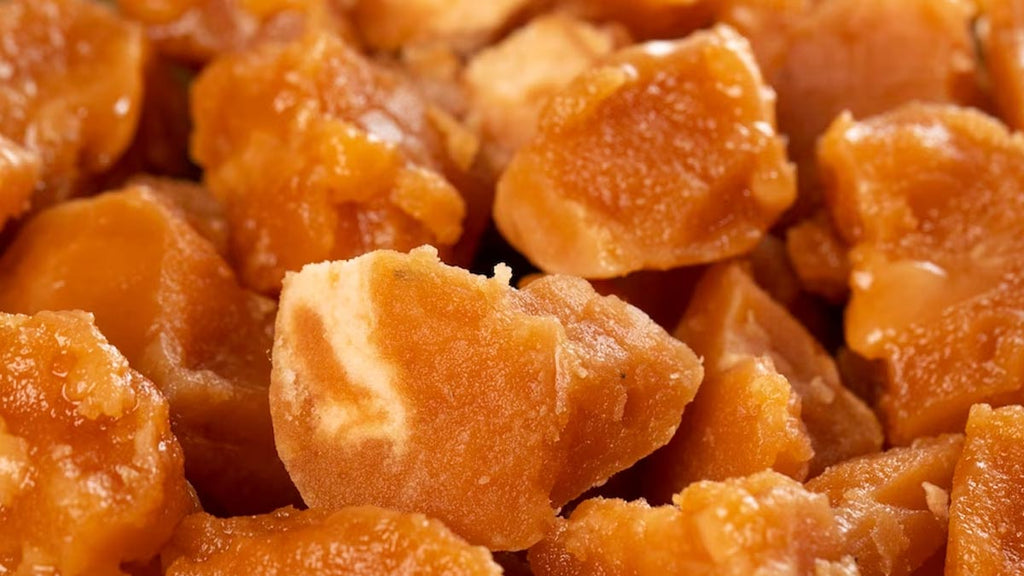
Can We Eat Jaggery in No-Sugar Diet

In recent years, no-sugar diets have gained popularity as people seek to reduce their intake of refined sugars and processed foods. While cutting out sugar can have significant health benefits, it often raises the question: Can you eat jaggery on a no-sugar diet? Jaggery, a traditional sweetener made from sugarcane or palm, is often touted as a healthier alternative to refined sugar. But does it fit into a no-sugar diet? Let’s explore the benefits, drawbacks, and whether jaggery can be part of your sugar-free lifestyle.
What is Jaggery?
Jaggery is an unrefined, natural sweetener that is made by boiling down sugarcane juice or palm sap until it solidifies. Unlike refined white sugar, which undergoes extensive processing and has all its natural nutrients stripped away, jaggery retains its vitamins and minerals, making it a more nutrient-rich option. Jaggery is commonly used in various traditional dishes and remedies, especially in South Asia, and is known for its rich, molasses-like flavor.
Nutritional Profile of Jaggery
Jaggery is rich in several essential nutrients that are often lost during the refining process of white sugar. Here’s what makes jaggery stand out:
- Iron: Jaggery is an excellent source of iron, making it beneficial for those with iron deficiency or anemia.
- Magnesium: It contains magnesium, which helps regulate the nervous system and maintain heart health.
- Potassium: Jaggery’s potassium content helps balance electrolytes and supports muscle function.
- Antioxidants: It is also rich in antioxidants, which can help combat oxidative stress and inflammation.
Jaggery vs. Refined Sugar
When comparing jaggery to refined sugar, there are some clear differences:
- Processing: Jaggery is minimally processed and retains many of the nutrients found in sugarcane, whereas refined sugar is highly processed and stripped of its nutritional value.
- Glycemic Index: Jaggery has a lower glycemic index (GI) than refined sugar, meaning it causes a slower rise in blood sugar levels. However, it still has a significant impact on blood sugar and should be consumed in moderation.
- Nutrient Content: Jaggery provides vitamins and minerals, while refined sugar offers only empty calories with no nutritional benefits.
Can You Eat Jaggery on a No-Sugar Diet?
The answer depends on the type of no-sugar diet you’re following and your health goals.
-
Strict No-Sugar Diet: If you are following a strict no-sugar diet, where all forms of sugar (including natural sweeteners) are eliminated, then jaggery would not be allowed. Even though jaggery is less processed and more nutritious than white sugar, it is still a form of sugar and will affect your blood sugar levels.
-
Refined Sugar-Free Diet: If your diet allows natural sweeteners but eliminates refined sugars, jaggery could be an acceptable alternative. It provides sweetness with additional nutrients, making it a better choice than white sugar or artificial sweeteners. However, portion control is important, as jaggery is still calorie-dense.
-
Low-Glycemic Diet: For those focusing on managing blood sugar levels, jaggery may be included in small amounts due to its lower glycemic index compared to refined sugar. However, it’s important to monitor how your body reacts to it, as it can still cause a rise in blood sugar, especially in people with diabetes.
Benefits of Including Jaggery in Your Diet
If your diet permits the consumption of natural sweeteners, jaggery can offer several benefits:
- Nutrient Boost: Unlike refined sugar, jaggery provides essential nutrients, making it a healthier option for sweetening foods and beverages.
- Digestive Health: Jaggery is often used in traditional medicine to aid digestion and relieve constipation.
- Energy Source: It provides a quick source of energy and can help combat fatigue.
- Iron Supplementation: For individuals with low iron levels, jaggery can be a natural way to boost iron intake.
How to Use Jaggery in a No-Sugar Diet
If you decide to include jaggery in your no-sugar or low-sugar diet, here are some ways to use it:
- Sweetener for Beverages: Use jaggery to sweeten your tea, coffee, or herbal infusions instead of refined sugar.
- Cooking and Baking: Replace sugar with jaggery in traditional recipes like cakes, cookies, or sauces. Be mindful that jaggery has a distinct flavor that may alter the taste of your dishes.
- Snacks: Make healthier snacks like energy balls or granola bars using jaggery as the sweetening agent.
- Detox Drinks: Incorporate jaggery into detox drinks combined with ingredients like ginger, lemon, and warm water to boost digestion and overall health.
Considerations and Moderation
While jaggery is healthier than refined sugar, it is still high in calories and should be consumed in moderation. Overconsumption can lead to weight gain, increased blood sugar levels, and other health issues, much like any other sweetener.
Conclusion
Jaggery can be included in a no-sugar diet depending on the specific guidelines of your dietary plan. If you’re following a strict no-sugar regime, jaggery might not fit. However, if your diet allows for natural sweeteners, jaggery can be a nutrient-rich alternative to refined sugar. Always remember to use it in moderation and be mindful of its effects on your overall health. By making informed choices, you can enjoy the sweetness of jaggery while staying true to your dietary goals.



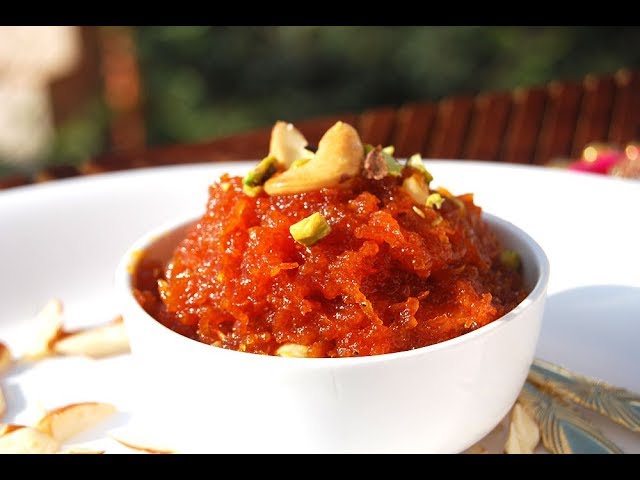

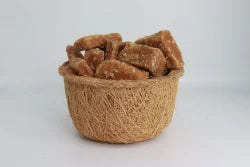
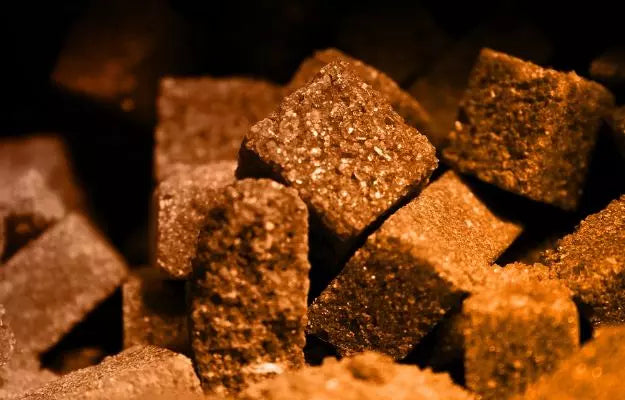
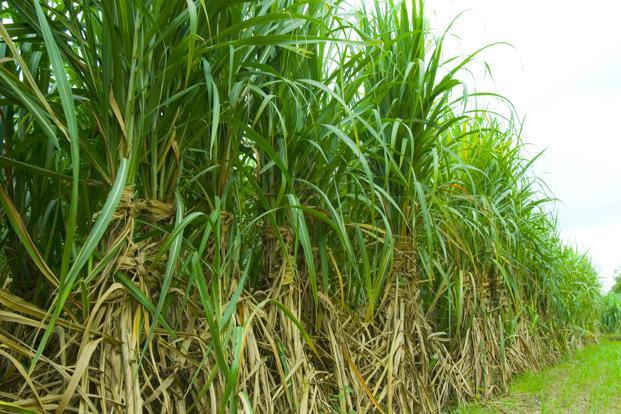
![Bebe Jaggery Sachets 600g, [150g x 4 packs]](http://bebefoods.com/cdn/shop/files/1.jpg?v=1717235899)
![Bebe Jaggery Sachets 600g, [150g x 4 packs]](http://bebefoods.com/cdn/shop/files/2.jpg?v=1717235899)
![Bebe khand Sachets 600g [150g x 4 packs]](http://bebefoods.com/cdn/shop/files/2_65987286-ab77-44db-9cae-69ac50e920a4.png?v=1750527284)
![Bebe khand Sachets 600g [150g x 4 packs]](http://bebefoods.com/cdn/shop/files/4_295f1632-1a69-4fcb-aa69-1172c2928b52.png?v=1750527252)

